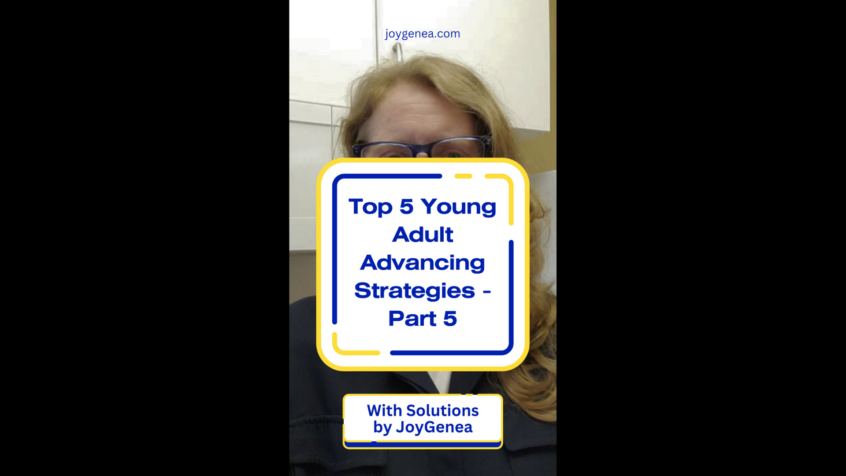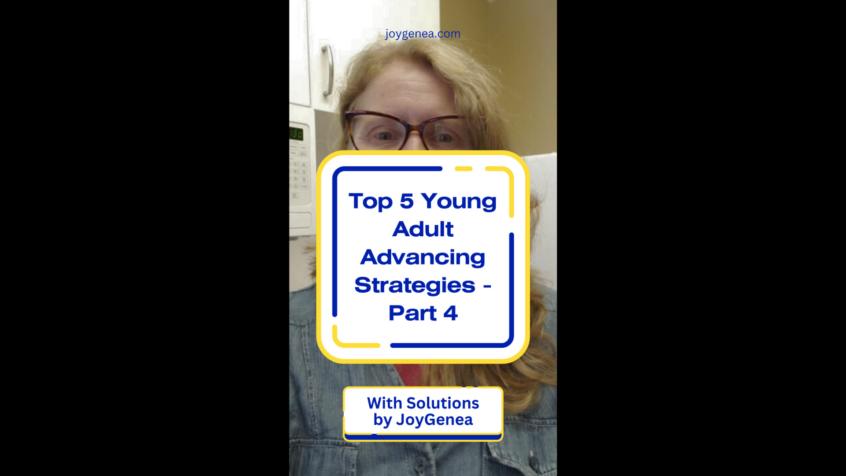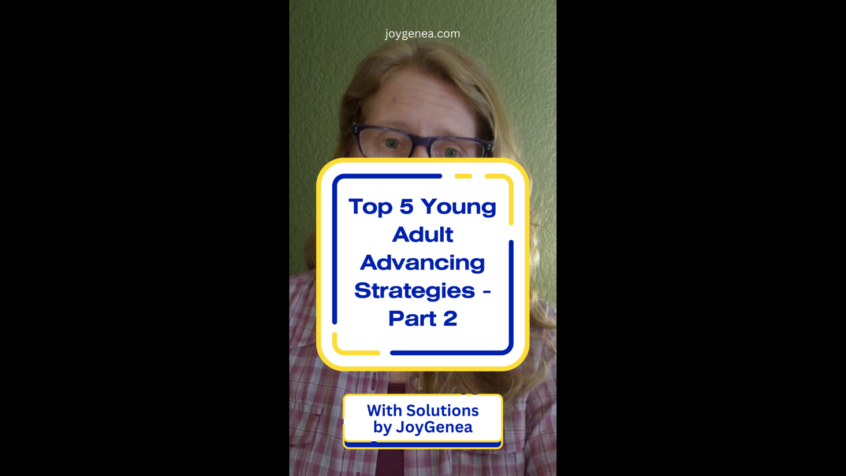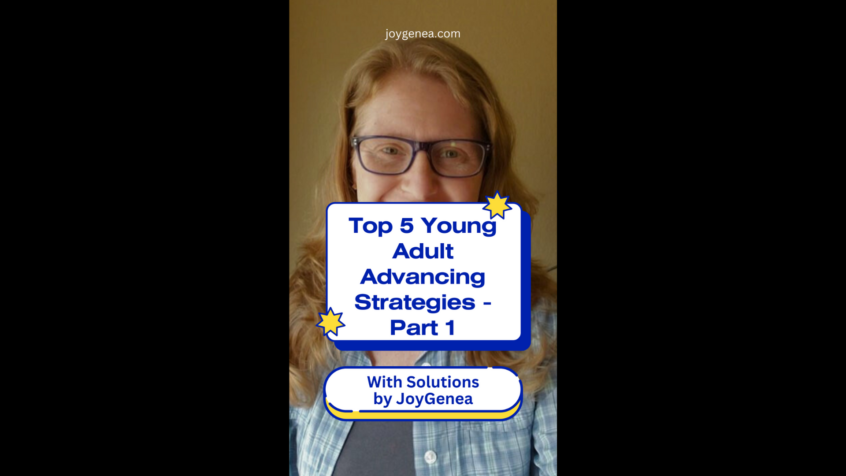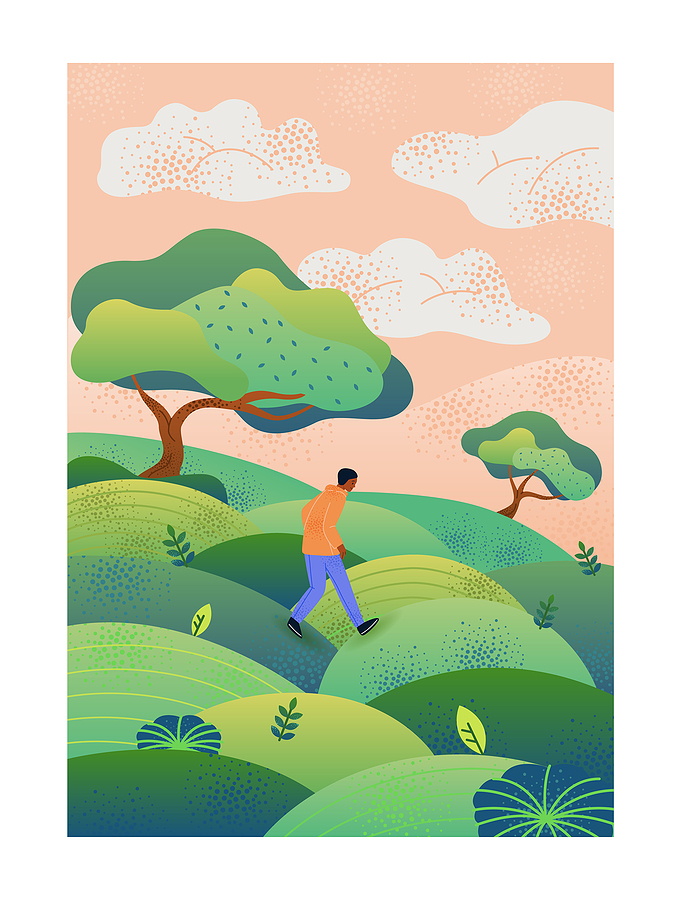We can’t start talking about self-care and not explain what it is. What is self-care? “the practice of taking action to preserve or improve one’s own health.” Oxford Languages “Self-care is the practice of taking care of your physical, mental, and emotional health. It is about making choices that support your well-being and help you
Top 5 Young Adult Advancing Strategies- Part 5
It is so important for young neurodiverse adults to find community when they are making big life transitions. My last tip in this series is to help the young adult in your life get connected wherever they are headed off to. CLICK HERE to read the full blog on the Top 5 Young Adult Advancing
Top 5 Young Adult Advancing Strategies – Part 4
When supporting a neurodiverse young adult as they move into the next stage of life, rewarding accomplishments small and large can really help. Check back for part 5! CLICK HERE to read the full blog on the Top 5 Young Adult Advancing Strategies. CLICK HERE for part 1 of the Young Adult Advancing Strategies Video
Top 5 Young Adult Advancing Strategies – Part 2
Part 2 of my series sharing some of the most important strategies for parents supporting neurodiverse young adults as they start going off into the world. CLICK HERE to read the full blog on the Top 5 Young Adult Advancing Strategies. CLICK HERE for part 1 of the Young Adult Advancing Strategies Video Series. CLICK
Top 5 Young Adult Advancing Strategies – Part 1
These are some of the most important strategies for parents supporting neurodiverse young adults as they start going off into the world. CLICK HERE to read the full blog on the Top 5 Young Adult Advancing Strategies. CLICK HERE for part 2 of the Young Adult Advancing Strategies Video Series. CLICK HERE for part 3
Top 5 Young Adult Advancing Strategies
8 Simple Strategies for Students With ADHD I recently found this article and knew that it would be valuable for many young adults between the ages of 16 and 32. Oftentimes parents think that a neurodiverse person who’s legally aged into adulthood at 18 is ready to take on all the responsibilities that come with
Resilience Part 6- Cultivate Forgiveness –being neurodiverse can make it hard to forgive
Here are the other blogs in this series: Resilience – Science-Backed Strategies from a Dyslexic / ADHD Perspective Resilience Part 2- Change the Narrative – what are some ways we can do that? What about being neurodiverse would make that different from other people? Resilience Part 3- Face Your Fears – Ways to do that
Resilience Part 5- Meditate – Ways to do that and being neurodiverse
Here are the other blogs in this series: Resilience – Science-Backed Strategies from a Dyslexic / ADHD Perspective Resilience Part 2- Change the Narrative – what are some ways we can do that? What about being neurodiverse would make that different from other people? Resilience Part 3- Face Your Fears – Ways to do that
Resilience Part 4- Practice Self-Compassion – How do you do that while being neurodiverse?
Here are the other blogs in this series: Resilience – Science-Backed Strategies from a Dyslexic / ADHD Perspective Resilience Part 2- Change the Narrative – what are some ways we can do that? What about being neurodiverse would make that different from other people? Resilience Part 3- Face Your Fears – Ways to do that
Using Cool Cards as Visual Reminders of Information
A useful and cool tool for high visual processors are flashcards or reminder cards. Some books have them to support what they are teaching in the book. Think and Grow Rich was the deck I used in this video. Transcription: Hey JoyGenea here, international Neurodiversity Coach, always talking about dyslexia and ADHD. And today one

